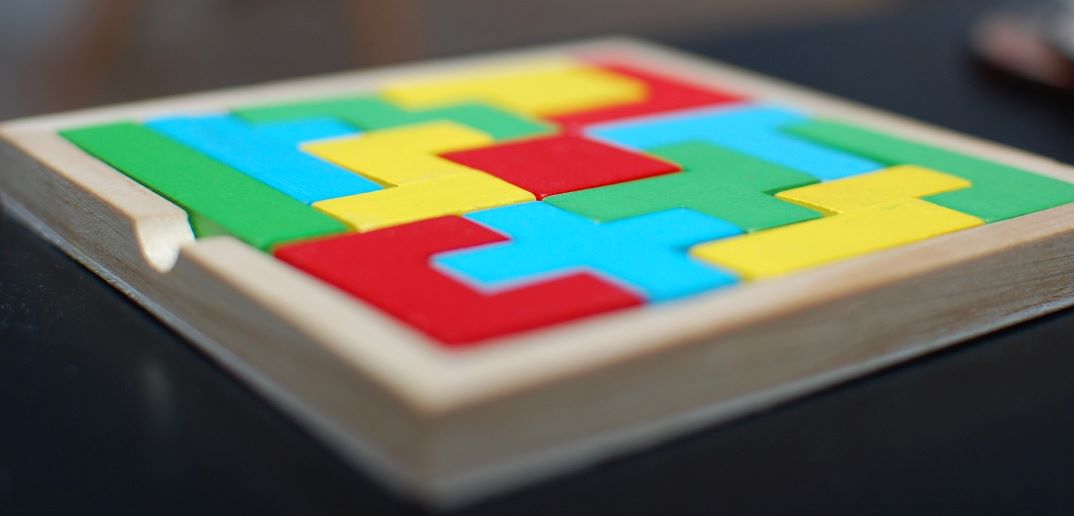
Children and young people can face many uncertainties, difficulties and problems whilst navigating their way through childhood. They learn new information, take tests, change schools, are sometimes unwell, get braces, encounter bullies, make new friends and occasionally get hurt by those friends.
Children who are resilient can deal with stressful situations like those, finding good solutions to problems. The tips below will help you to help your child build resilience and develop the ability to problem solve when faced with unfamiliar or tough situations.
Don’t overprotect – it can sometimes fuel a child’s anxiety.
Allow appropriate risks and teach essential skills – giving children age-appropriate freedom helps them learn their own limits.
Teach your child to problem-solve – engage them in figuring out how they can handle challenges again and again.
Teach skills to handle certain situations – for example, teach a shy child how to greet someone and start a conversation.
Ask ‘how?’ not ‘why?’ questions – for example, “How do you get yourself out of bed when it’s warm and cosy?” “How do you handle the noisy boys on the bus that bug you?”
Don’t provide all the answers – saying “I don’t know” and promoting problem-solving helps children learn to tolerate uncertainty and think about ways to deal with potential challenges.
Avoid talking in worst case scenario terms – pay attention to what you say to and around your kids. Anxious parents tend to talk catastrophically around their children.
Let your child make mistakes – so they learn how to fix them and make better decisions the next time.
Help your child to manage their emotions – this is key to resilience! Teach them that all emotions are okay and to think through what they will do next. For example, if your child throws a tantrum, be clear about what behaviour is appropriate (and inappropriate).
Model resiliency – children learn from observing their parents’ behaviour. Try to be calm and consistent. There is no handbook for parenting and we all make mistakes. When you do make a mistake, admit it to your child






